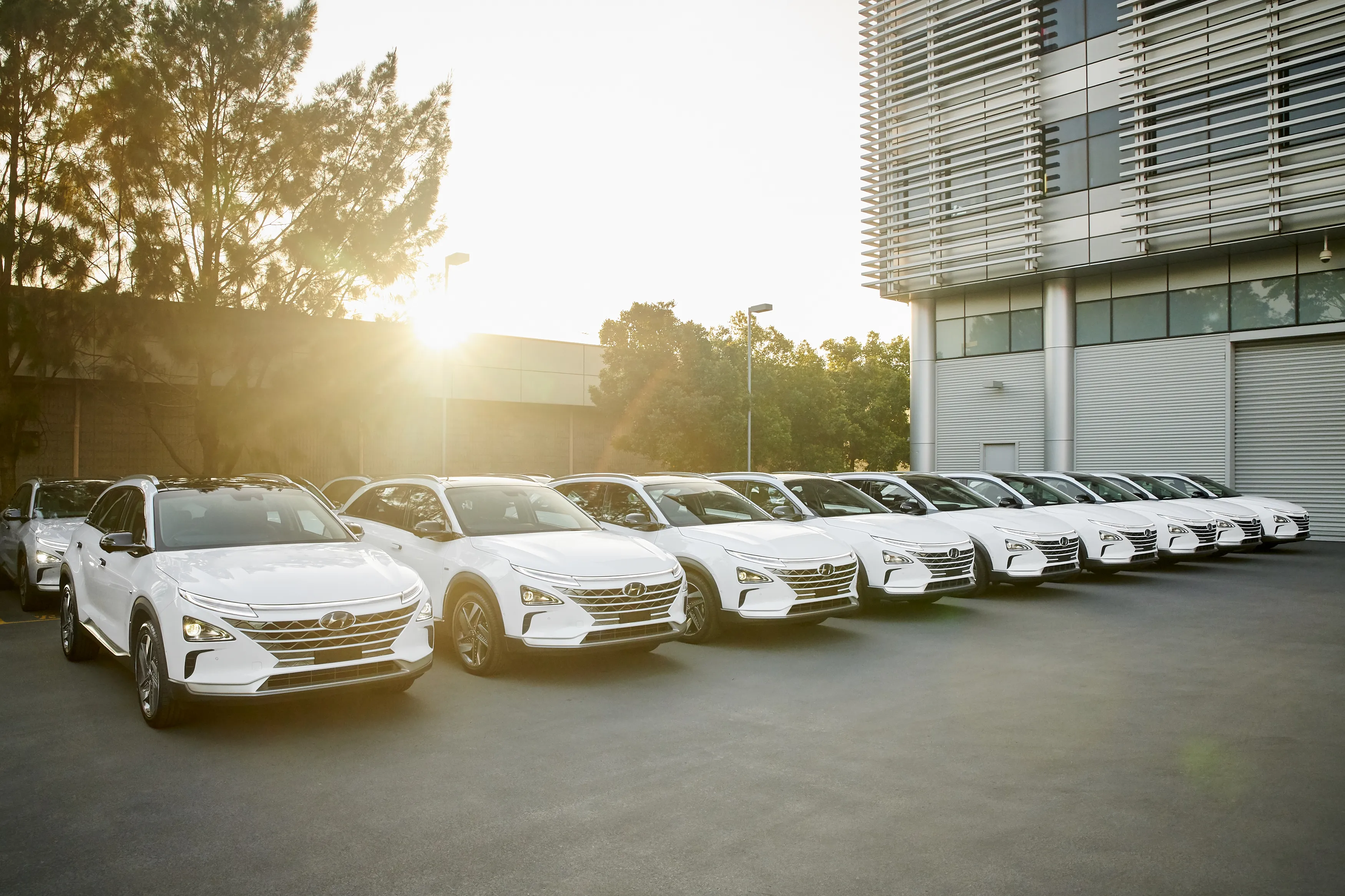A major $US43 million (£35 million) package to boost the uptake of ultra-low emission cars and scooters has been unveiled by the UK government.
The fresh funding commitment will see thousands more electric vehicle charge-points installed on streets and at workplaces across the UK, after the number of new ultra low emission vehicles registered rose by 250 per cent in just two years.
The government is also buying two brand new Nissan LEAF electric cars for the Government Car Service, to add to the four
October 14, 2016
Read time: 2 mins
A major $US43 million (£35 million) package to boost the uptake of ultra-low emission cars and scooters has been unveiled by the UK government.
The fresh funding commitment will see thousands more electric vehicle charge-points installed on streets and at workplaces across the UK, after the number of new ultra low emission vehicles registered rose by 250 per cent in just two years.
The government is also buying two brand new Nissan LEAF electric cars for the Government Car Service, to add to the four that are already in use.
The announcement is part of the government’s plans to improve air quality, and it comes as Defra launch a new consultation on introducing clean air zones in Birmingham, Leeds, Nottingham, Derby and Southampton by 2020.
The funding includes the next steps of a US$24 million (£20 million) competition that will help councils roll out charge-points for ultra-low emission taxis and up to US$12 million (£10 million) funding for charge-points outside workplaces and homes where there is no off-street parking. It also includes the launch of an initial US$4.5 million (£3.75 million) scheme to encourage uptake of zero emission motorcycles and scooters and US$2.4 million (£2 million) awarded to public and private sector organisations to deploy hydrogen fuel cell vehicles.
The funding is being delivered as part of the government’s commitment to invest US$610 million (£600 million) in ultra-low emission vehicles by 2020.
In addition, an initial US$4.5 (£3.75 million) is being made available for motorcycle and scooter riders who want to want to go green, providing them with up to 20 per cent off the cost of an electric motorcycle or scooter. Buyers will be able to claim a maximum discount of US$1,800 (£1,500).
The fresh funding commitment will see thousands more electric vehicle charge-points installed on streets and at workplaces across the UK, after the number of new ultra low emission vehicles registered rose by 250 per cent in just two years.
The government is also buying two brand new Nissan LEAF electric cars for the Government Car Service, to add to the four that are already in use.
The announcement is part of the government’s plans to improve air quality, and it comes as Defra launch a new consultation on introducing clean air zones in Birmingham, Leeds, Nottingham, Derby and Southampton by 2020.
The funding includes the next steps of a US$24 million (£20 million) competition that will help councils roll out charge-points for ultra-low emission taxis and up to US$12 million (£10 million) funding for charge-points outside workplaces and homes where there is no off-street parking. It also includes the launch of an initial US$4.5 million (£3.75 million) scheme to encourage uptake of zero emission motorcycles and scooters and US$2.4 million (£2 million) awarded to public and private sector organisations to deploy hydrogen fuel cell vehicles.
The funding is being delivered as part of the government’s commitment to invest US$610 million (£600 million) in ultra-low emission vehicles by 2020.
In addition, an initial US$4.5 (£3.75 million) is being made available for motorcycle and scooter riders who want to want to go green, providing them with up to 20 per cent off the cost of an electric motorcycle or scooter. Buyers will be able to claim a maximum discount of US$1,800 (£1,500).








